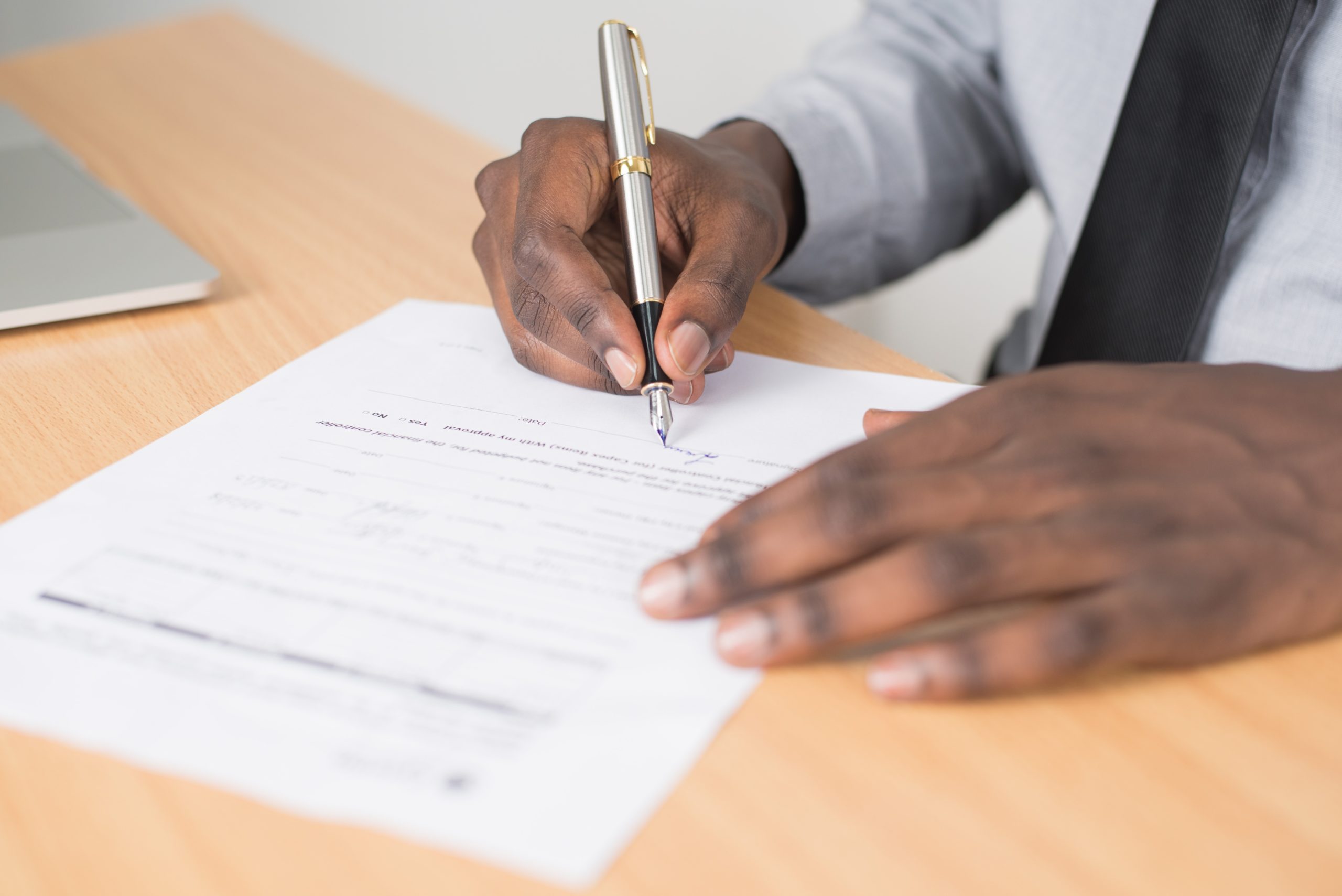New, Simpler Forgiveness Option for Paycheck Protection Program Loans

On October 8, 2020, the Small Business Administration (“SBA”) announced that they were making applying for forgiveness for Paycheck Protection Program loans (the “PPP”) easier for some borrowers. The PPP program itself had two rounds of funding, including $310 billion added at the end of April. Now, borrowers who borrowed $50,000 or less in PPP funds can fill out a simplified loan forgiveness application known as the SBA Form 3508S.
This simpler forgiveness option consists of only one page, with an optional second page requesting demographic information. It does not require you to provide detailed documentation or fill out numerous brackets in order to calculate the proper forgiveness amounts. Instead, you must merely self-certify how you used the PPP funds.
You Must Agree to 6 Statements
On the new simplified forgiveness application, you do need to certify that the following six statements are true:
- The dollar amount for the forgiveness requested does not exceed the principal amount of the PPP Loan and:
- You used the loan to pay costs that are eligible for forgiveness (payroll costs to retain employees, business mortgage interest payments, business rent or lease payments, or business utility payments);
- You used at least 60% of the PPP funds to pay payroll costs;
- If a 24-week Covered Period applies, the PPP forgiveness does not exceed 2.5 months’ worth of 2019 compensation for any owner-employee or self-employed individual/general partner, capped at $20,833 per individual; and
- If an 8-week Covered Period applies, the PPP forgiveness does not exceed 8 weeks of 2019 compensation for any owner-employee or self-employed individual or self-employed individual/general partner, capped at $15,385.
- You understand that if you knowingly used the funds for unauthorized purposes, the federal government may seek recovery of the loan amounts and/or seek civil or criminal fraud charges.
- You have accurately verified the payments for the eligible payroll and nonpayroll costs for which you are requesting forgiveness and have accurately calculated the forgiveness amount requested.
- You have submitted to your lender the required documentation verifying payroll costs, the existence of obligations and service prior to February 15, 2020, and eligible business mortgage interest payments, business rent or lease payments, and business utility payments.
- The information you have provided in the application and the information provided in all supporting documents and forms is true and correct in all material respects. You understand that knowingly making a false statement to obtain forgiveness of an SBA guaranteed loan is punishable under the law.
- The tax documents you have submitted to your lender are consistent with those you have submitted or will submit to the IRS. You also understand, acknowledge, and agree that the lender can share the tax information with the SBA’s authorized representatives.
Other Important Details
In conjunction with this simplified forgiveness application, the U.S. Treasury Department and the SBA issued a new interim final rule that says that borrowers who took out $50,000 or less in PPP funds will have no reductions in their forgiveness based on either
- reductions in full-time equivalent (“FTE”) employees or
- reductions in employee salary or wages.
I want to caution borrowers that while the SBA is now permitting self-certification for loans at or under $50,000, you should keep all documents providing your availability for forgiveness for at least four years. You should also only provide honest answers when answering the self-certifications.
Also, using this simplified application does not prohibit the SBA from auditing applications. It also does not prohibit the SBA from prosecuting anyone who is not truthful in their application or supporting documents.
The SBA started accepting forgiveness applications on October 2, 2020, and lenders will soon be receiving the first forgiveness payments. Check with your lender to see if they are accepting forgiveness applications.
Nichole Baer is an attorney at Russell, Krafft & Gruber, LLP, in Lancaster, Pennsylvania. She received her law degree from Stetson University, College of Law and practices in several areas, including Business, Commercial Real Estate, Estate Planning, and Estate Administration.
